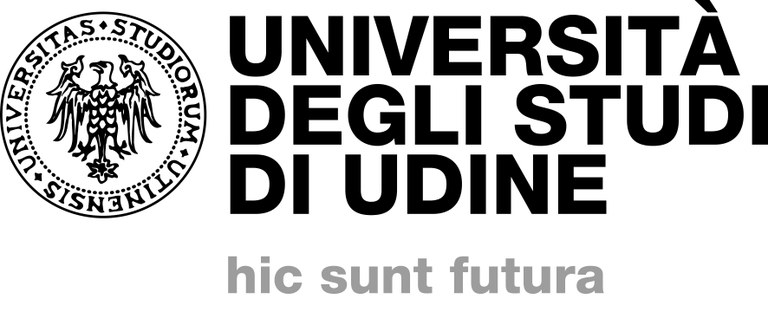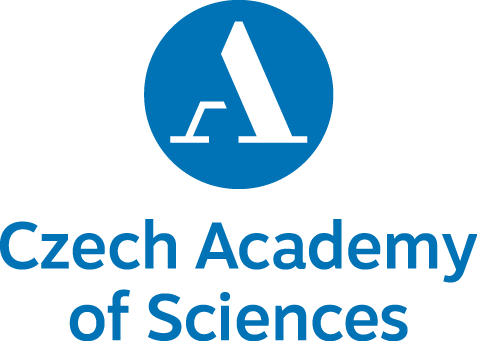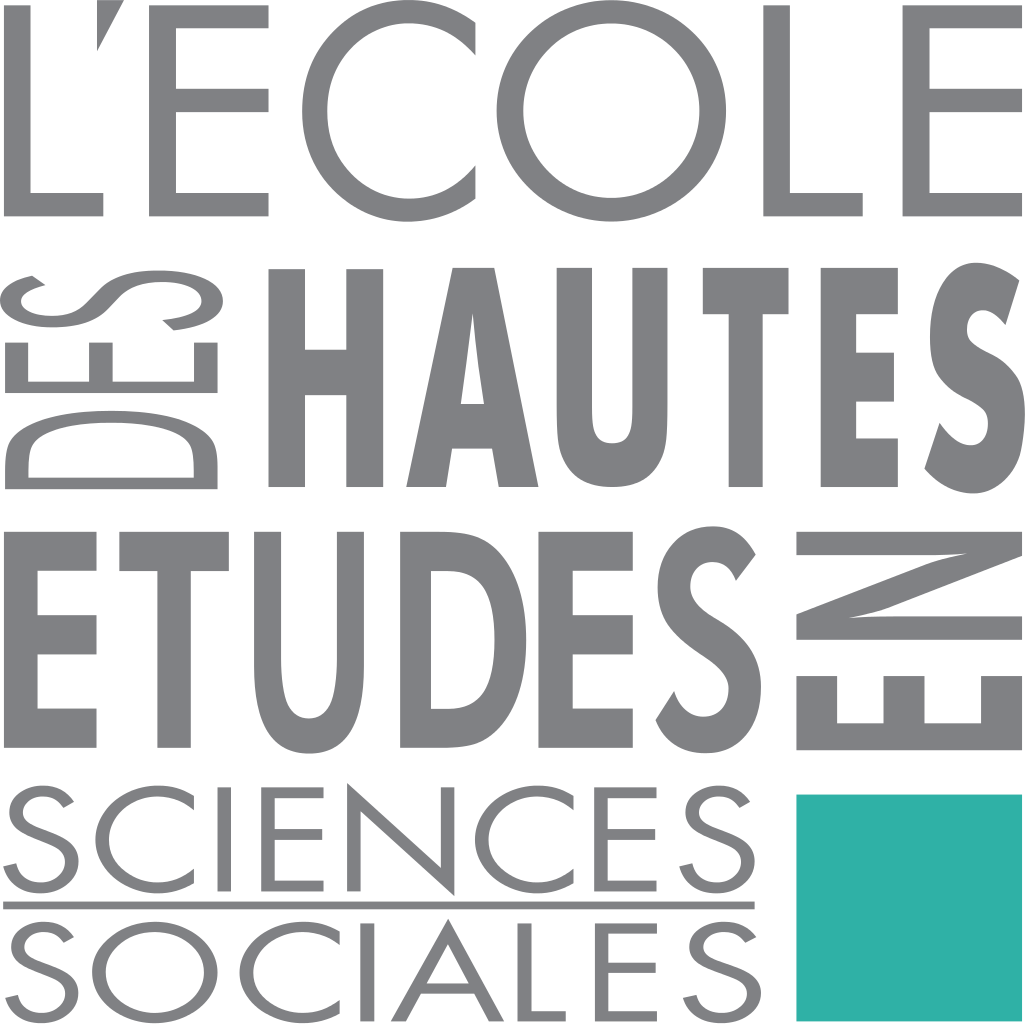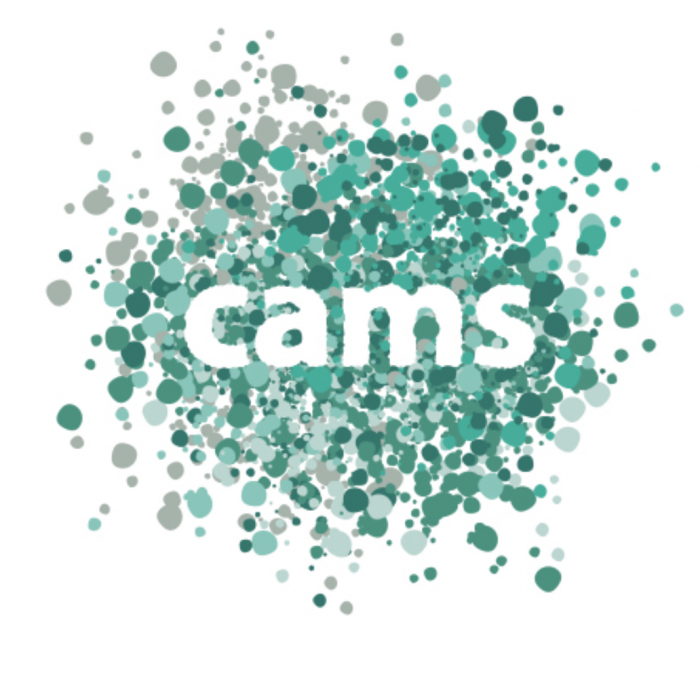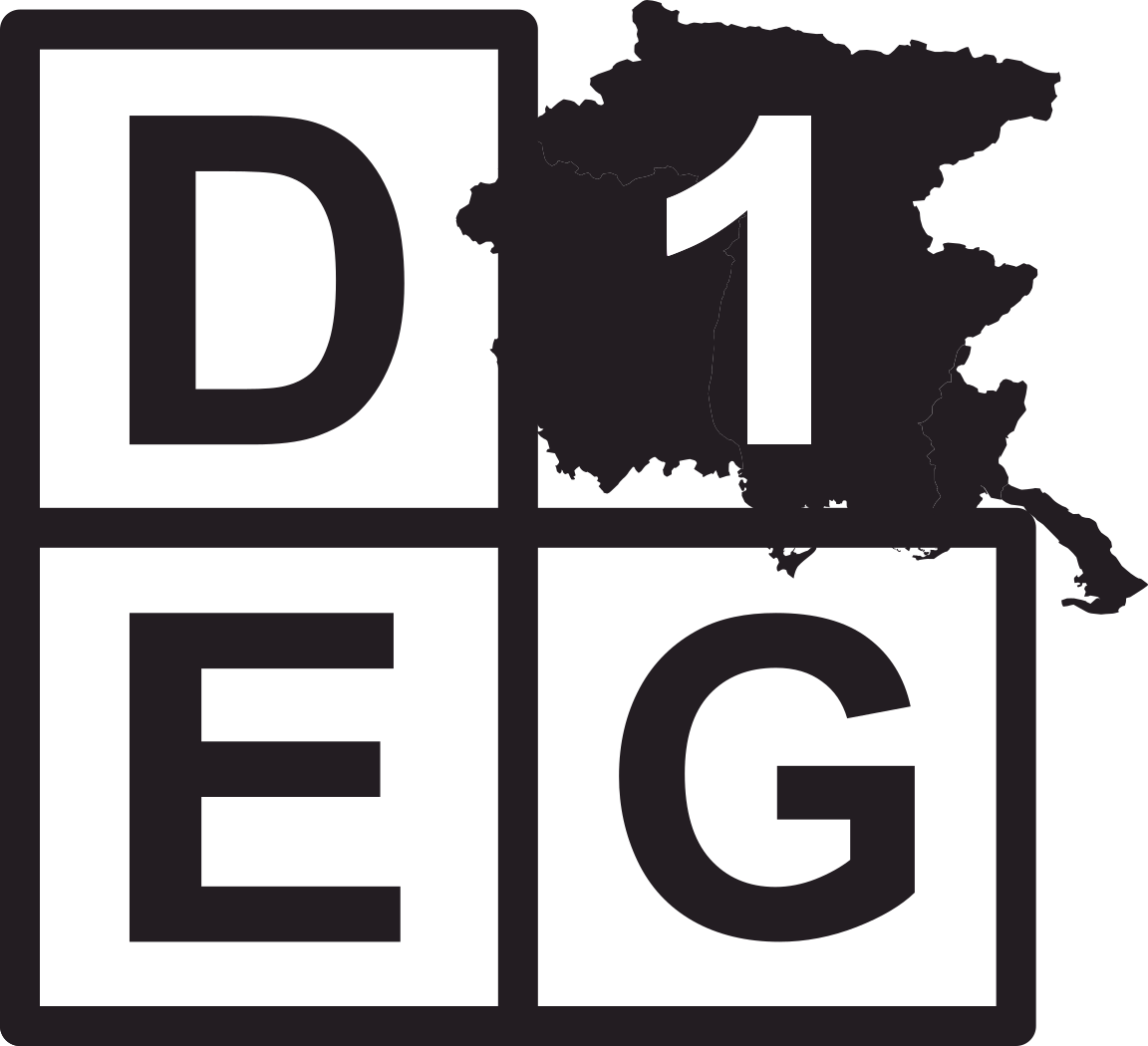Nonlinear Meeting 2021
Zoom, March 22-23, 2021
The NLM2021 is the 6th of a series of annual workshops focusing on nonlinear analysis and differential problems. This edition's common thread will cover theoretical topics on reaction-diffusion equations and dynamical systems with possible applications to biology or physics.
Invited speakers
| Henri BerestyckiEHESS-CAMS-CNRS Paris | Christian KuehnTechnical University of Munich |
| Elaine CrooksSwansea University | Peter PoláčikUniversity of Minnesota |
| Frank HilkerUniversity of Osnabrück | Pedro J. TorresUniversity of Granada |
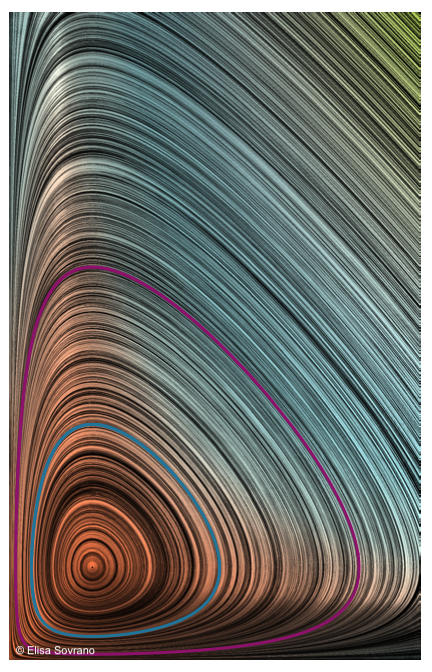
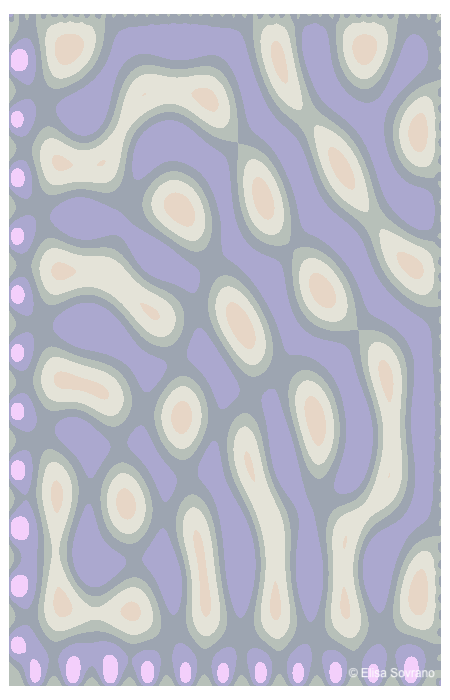
Program
Times are displayed in UTC+1 (currently ). Click here for time conversion.
Monday, March 22
| 15:30 | Henri BerestyckiReaction-diffusion systems in epidemiology |
|---|---|
|
The classical SIR type equations of epidemiology that take into consideration spatial spreading lead to reaction-diffusion systems. Such systems also arise in the study of collective behaviors such as riots. In this lecture, I will first recall the classical setting and then discuss a general framework for this type of systems that we call ''Activity / Susceptibility'' systems. In the second part of my talk, I will present a new model that describes the influence of roads on the spread of epidemics. If time permits I will also show applications of these ideas to data of the current Covid-19 epidemics. I report here on joint work with Samuel Nordmann and Luca Rossi for the first part, with Jean-Michel Roquejoffre and Luca Rossi for the model with roads and with Lionel Roques et al. for the study of data. |
|
| 16:30 | Elaine CrooksTravelling waves and minimality exchange in smectic C* liquid crystals |
|
We consider minimality conditions for the speed of monotone travelling waves in a model of a sample of smectic C* liquid crystal subject to a constant electric field, dealing with both isotropic and anisotropic cases. Such conditions are important in understanding switching properties of a liquid crystal, and our focus is on understanding how the presence of anisotropy can affect the speed and nature of switching. Through a study of travelling-wave solutions of a quasilinear parabolic equation, we obtain an estimate of the influence of anisotropy on the minimal speed, and sufficient conditions for linear and non-linear minimal speed selection mechanisms to hold in different parameter regimes. We also discuss sufficient conditions for so-called “minimality exchange” in a general class of parameter-dependent monostable reaction-diffusion equations with explicit travelling-wave solutions, when the minimal wave speed switches from the linearly determined value to the speed of the explicitly determined front as a parameter changes. This is joint work with Michael Grinfeld and Geoff McKay (Strathclyde). |
|
Break |
|
| 17:40 | Christian KuehnGeometric Singular Perturbation Theory for Fast-Slow PDEs |
|
Systems with multiple time scales appear in a wide variety of applications. Yet, their mathematical analysis is challenging already in the context of ODEs, where about four decades were needed to develop a more comprehensive theory based upon invariant manifolds, desingularization, variational equations, and many other techniques. Yet, for PDEs progress has been extremely slow due to many obstacles in generalizing several ODE methods. In my talk, I shall report on two recent advances for fast-slow PDEs, namely the extension of slow manifold theory for unbounded operators driving the slow variables, and the design of a blow-up method for PDEs, where normal hyperbolicity is lost [1-2]. This is joint work with Maximilian Engel and Felix Hummel. [1] "Blow-up analysis of fast-slow PDEs with loss of hyperbolicity", M. Engel and C. Kuehn, https://arxiv.org/abs/2007.09973 [2] "Slow manifolds for infinite-dimensional evolution equations", F. Hummel and C. Kuehn, https://arxiv.org/abs/2008.10700 |
|
Tuesday, March 23
| 15:30 | Pedro J. TorresPeriodic solutions of the Lorentz force equation |
|---|---|
|
The Lorentz force equation governs the motion of a charged particle under the effect of an electromagnetic field. In spite of that it plays a fundamental role in Classical Electromagnetism together with Maxwell equations, the application of the most known methods in Nonlinear Analysis and Dynamical Systems is still under development. The purpose of this talk is to present some recent results on the existence of periodic solutions when the electromagnetic field is periodic in time, and to identify several open problems. |
|
| 16:30 | Frank HilkerMathematical models of a social-ecological system: coupling lake pollution dynamics and human behavior |
|
From global warming over land-use change to pollution, the world is facing many environmental problems. While the causes are mostly well-known from a natural sciences point of view, the challenge is the implementation of possible solutions. Societal demands, human behavior, and economic aspects not only impact the environmental state, but are reversely affected by the environment. Mathematical models can be helpful in better understanding mutual feedbacks in coupled human-environment systems. In this talk, I will introduce a system of two nonlinear differential equations, one describing lake water pollution and the other one describing human behavior of discharging pollutants. The latter uses approaches from evolutionary game theory. Stability analysis reveals up to four alternative attractors as well as limit cycle oscillations. Numerical bifurcation analysis suggests the existence of Bogdanov-Takens and saddle-node homoclinic bifurcations. In addition, some very preliminary results will be shown to indicate potential effects of discontinuous policy instruments. (Joint work with Anthony Sun.) |
|
Break |
|
| 17:40 | Peter PoláčikQuasiperiodic partially localized solutions of nonlinear elliptic equations on the entire space |
|
In this joint project with Dario Valdebenito, we study positive partially localized solutions of elliptic equations on the entire space. "Partially localized" means that the solutions decay to zero in all but one variable; we examine their behavior in the remaining variable. Our goal is to prove the existence of solutions which are quasiperiodic in the nondecay variable. In the lecture, I will discuss our techniques and report on recent progress. |
|
Registration
Participation in the meeting is free upon registration.The registration for the NLM2021 is open!
REGISTER HEREFor more information, please write to gidoni[at]utia[dot]cas[dot]cz.
Information
As it is not possible to attend Zoom meetings with registration through the web client, to join this meeting the use of the desktop client or mobile app is required.
If you have not already installed it, you can download it at this link.
Past NLMs
The workshop continues the series of Nonlinear Meetings, which started in Turin (2015).
Visit the websites of the past editions: Turin-2015, Milan-2016, Udine-2017, Turin-2019, Milan-2020.
